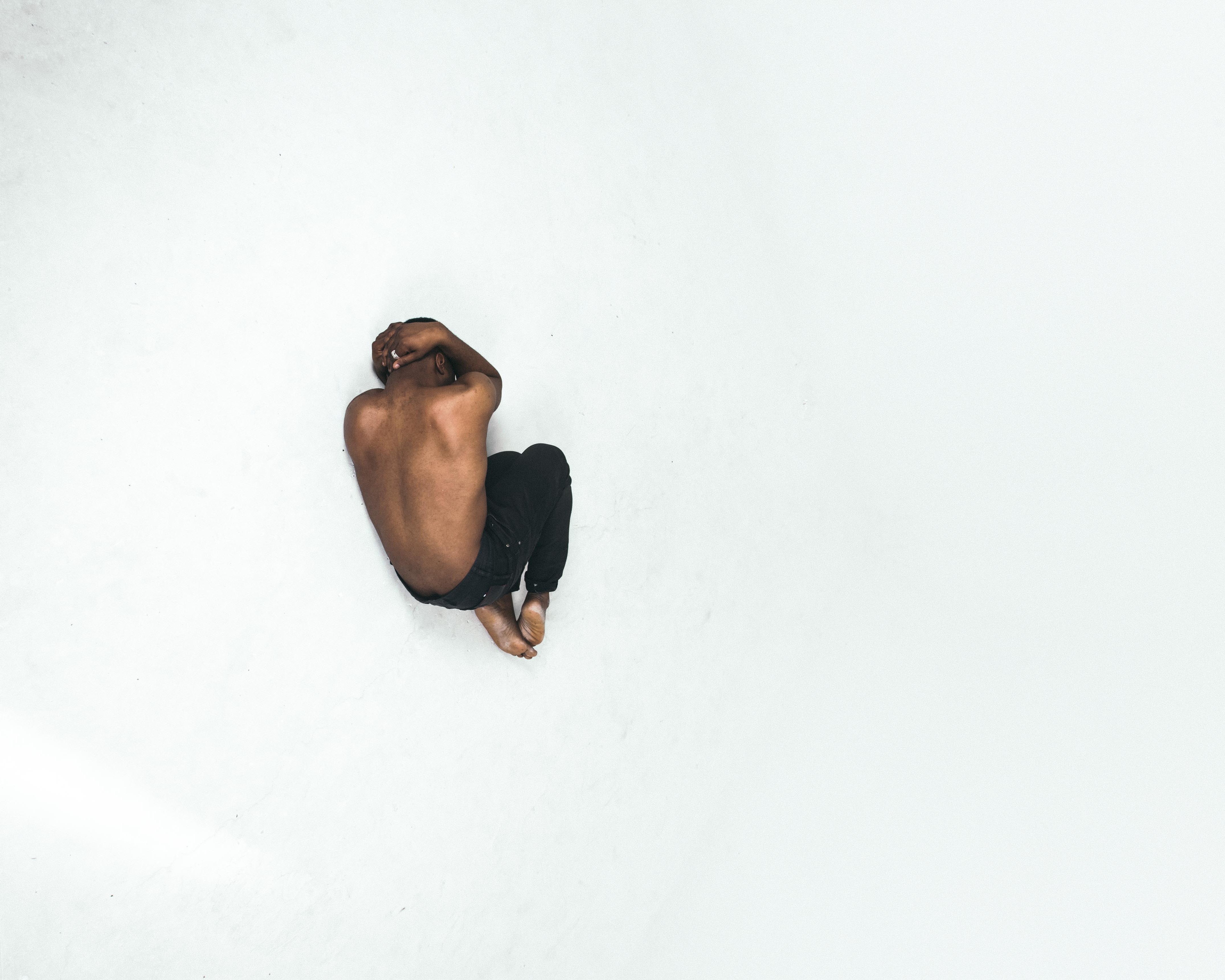The much-awaited court ruling on a petition seeking to decriminalize homosexuality in Kenya has been delayed for at least a further two months. The petition currently before the High Court argues that two sections of the Penal Code contravene several rights enshrined in the Constitution. For instance, they deny lesbian, gay and bisexual people the right to privacy. Julius Maina asked Adriaan van Klinken to provide some context to the ruling
What legal restrictions do Kenyan LGBTI people face?
The two petitions that the High Court is dealing with are concerned with Sections 162 (a) and (c) and 165 of the Kenyan Penal Code. Section 162 sets out categories of “unnatural offenses”, defined as “carnal knowledge against the order of nature”. This is a term that has historically referred to anal sexual intercourse.
The penalty for this is 14 years imprisonment. Although this law is not explicitly and exclusively about homosexuality – it would equally apply to heterosexual couples engaged in anal sex – it’s mostly been used to prosecute men involved in same-sex relationships.
[perfectpullquote align=”right” bordertop=”false” cite=”” link=”” color=”” class=”” size=””]When Kenya became independent from Britain in 1964 it retained the Penal Code. In other words, it’s laws were never decolonized. The irony is that these laws are often now defended as reflecting “African values”.[/perfectpullquote]
Section 165 is concerned with “indecent practices between males”, either committed in private or in public. This carries a penalty of five years imprisonment. The law doesn’t provide a definition of what counts as “indecency”. However, historically it’s referred to non-penetrative sexual acts between men.
Both laws criminalize male homosexual relationships. But there’s room to interpret Section 162 to cover female same-sex relationships as “unnatural” too. This means that both men and women involved in same-sex relationships in Kenya fear the possibility of legal prosecution.
How many of these laws date back to colonial times?
Kenya’s Penal Code was originally introduced in 1930 when the country was a British colony.
The British Empire first introduced laws against “unnatural offenses” and “indecent practices among males” to India’s Penal Code in 1860. It then copied these to its colonies in Africa.
Human Rights Watch produced a report in 2008 entitled “This Alien Legacy”. The report traced the origins of “sodomy” laws in the British colonial empire, pointing out that their introduction was inspired by a “mission of moral reform—to correct and Christianize ‘native’ custom”.
When Kenya became independent from Britain in 1964 it retained the Penal Code. In other words, it’s laws were never decolonized. The irony is that these laws are often now defended as reflecting “African values”.
As the Human Rights Watch report explains, the scope of the laws has expanded over the decades to include the penalization of sex between two women which was never part of the British law.
Are Kenya’s laws more restrictive than other countries in the region?
The relevant sections of the Kenyan Penal Code are similar to laws in most other African countries, in particular former British colonies. Some countries, such as Uganda and Nigeria have sought to introduce even more wide-ranging laws targeting LGBTI people in recent years.
In Kenya, on the other hand, the introduction of the new Constitution in 2010 has given growing impetus to the recognition of the rights of LGBTI people.
The Constitution doesn’t explicitly mention sexual orientation or gender identity. But, as prominent gay activist and lawyer Eric Gitari points out, it “nonetheless possessed golden threads of equality, dignity and freedom”.
Indeed, various legal successes have been achieved in Kenyan courts in recent years. In 2014 the High Court ruled that the transgender organization, Transgender Education and Advocacy, should be allowed to register as an NGO, and in 2015 a similar ruling was made for the National Gay and Lesbian Human Rights Commission. Thus the right to freedom of association was effectively applied to LGBT groups, and the right to protection against discrimination was applied to sexual orientation and gender identity.
In 2018 a Court of Appeal in Mombasa ruled that forced anal examination of people accused of same-sex activity was unconstitutional as it violated the right to privacy.
Are attitudes towards gay rights changing in the country?
During the campaign towards the referendum about the new constitution, conservative forces – including the current Deputy President, William Ruto – called on citizens to vote against it. One of their arguments for taking this stance was that it would lead to the legalization of homosexuality.
Despite this, the majority of Kenyans voters (67%) came out in support of the new constitution, which, at the very least, suggests that homosexuality was not their top priority.
Many prominent political and religious leaders in Kenya are vocal on issues of homosexuality. And the Kenyan Film Classification Board has banned several gay-themed films in recent years because they would promote “immorality”.
But it seems that attitudes might be changing slowly.
One example of this is that the Kenyan media reflect a wide range of opinions on LGBTI related matters and don’t hesitate to challenge and criticize politicians using homophobic rhetoric. This isn’t echoed in the media of some other countries in the region.
There is also a growing visibility of LGBTI people in Kenya, which has helped to give a face to an issue that was previously rather abstract to most Kenyans.
President Uhuru Kenyatta’s repeated statement that for most Kenyans today homosexuality is a “non-issue” is also interesting, because it leaves open the possibility of future social and political change on the subject.![]()
Adriaan van Klinken is an Associate Professor of Religion and African Studies at the University of Leeds
First appeared in The Conversation.

